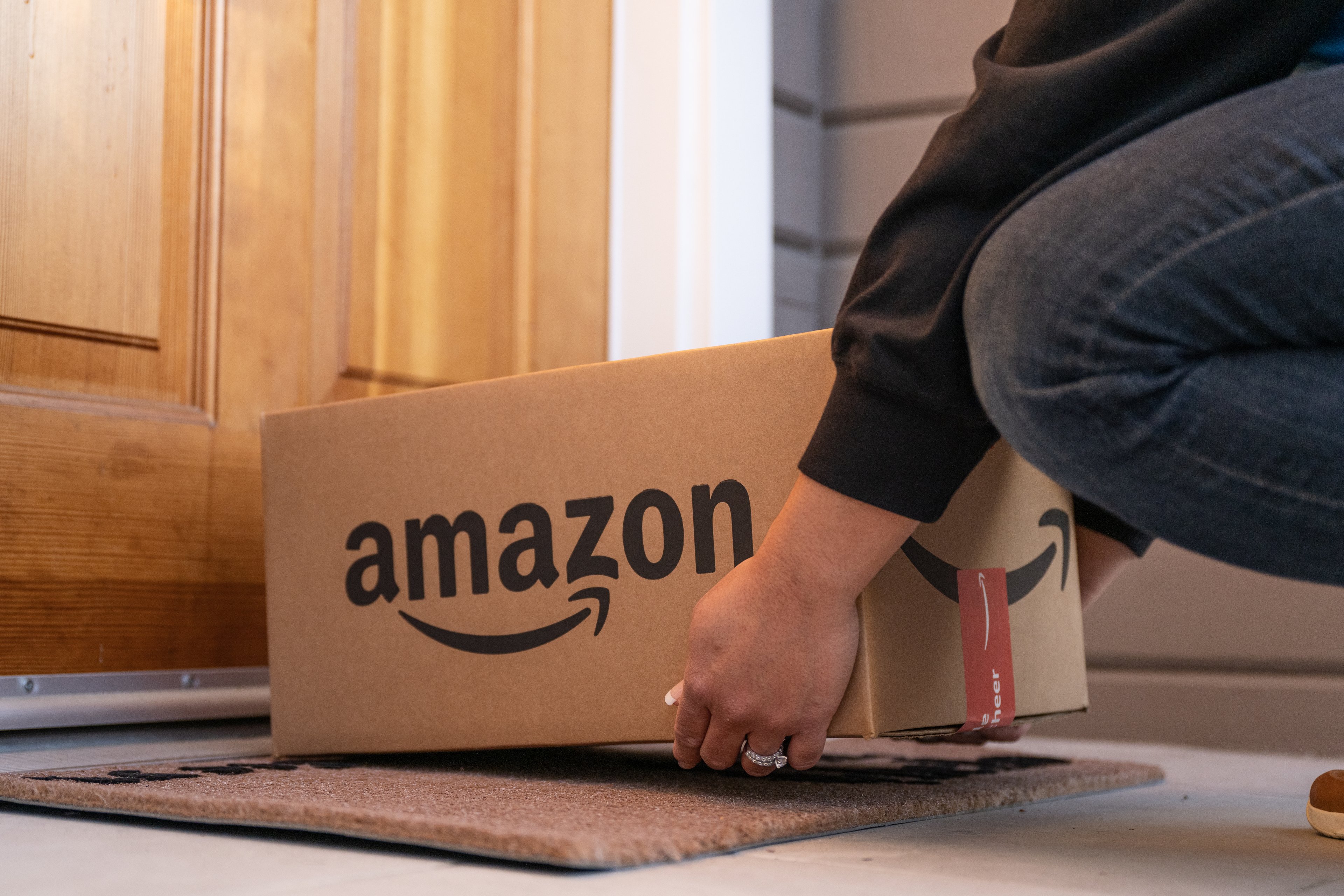
Image source: Getty Images.
It was just about two years ago that Google -- now Alphabet (GOOG 0.04%) (GOOGL 0.07%) -- executive chairman Eric Schmidt told an audience in Berlin that Amazon (AMZN 1.02%) is Google's biggest competitor. He noted that about one-third of product searches start on Amazon, while half as many start on Google.
Two years later, Google has fallen even further behind Amazon: Fifty-five percent of U.S. online consumers now begin their product searches on Amazon.com, according to a survey conducted by BloomReach and reported by Bloomberg. Just 28% use a typical web search engine of any kind.
Losing the most valuable searches
Product searches are the most lucrative for Google and other search engines since there's such high demand to advertise against them. If a user searches for "best umbrella," for example, it's very likely an advertisement for an umbrella will convert into a sale.
Google has been working to improve its Shopping search and advertising products. It added reviews about two years ago, and has been making it easier for stores to import their product inventory. Still, it continues to fall further behind Amazon.
The impact of losing high-valued search queries to Amazon isn't readily apparent in Google's operating results. Average ad prices continue to decline as a larger percentage of its ad inventory comes from mobile and YouTube, which generally carry lower ad prices compared to desktop search.
Still, it's not like Google is hurting for revenue growth. Ad revenue for the Alphabet segment increased 19% overall, year over year, last quarter. The increase was 24% for its owned and operated properties.
Why users are searching Amazon instead of Google
The biggest reason consumers are starting their product searches on Amazon, instead of a search engine or any other online retailer, is because they plan on buying the product from Amazon. That might sound simplistic, but the fact is that Amazon's Prime subscription has become one of the most successful loyalty programs in history. As Prime membership grows, so too does the number of people beginning product searches on Amazon.
It's worth noting that Amazon, as a product search engine, provides other benefits over Google and traditional search engines -- lots of reviews, good product images, and a useful pricing benchmark. But people mostly search Amazon because they know they can get free two-day shipping and the pricing will be competitive.
Amazon has an estimated 49 million Prime members, according to analysts at Cowen and Company: That's approximately 44% of all U.S. households. Additionally, Prime members spend about $1,200 per year on Amazon, compared to $500 per year for non-members.
Amazon certainly benefits from most shoppers starting their online product searches on its website. Not only is Amazon more likely to win a sale over its competitors, but it can also benefit from advertising on its website from third-party retailers.
Last year, Amazon generated over $1 billion from non-retail activities like advertising; that's up from $836 million in 2013. As Amazon continues to take a growing share of product searches, it could find growing demand from advertisers looking to diversify away from Google and other traditional search engines. That would all just be gravy on top of increased product sales for Amazon.
Amazon's dominance in product searches ought to continue as it signs up even more households for Prime. There's still plenty of room left for the loyalty program to grow, and that could come at the expense of Google's most valuable search queries.








